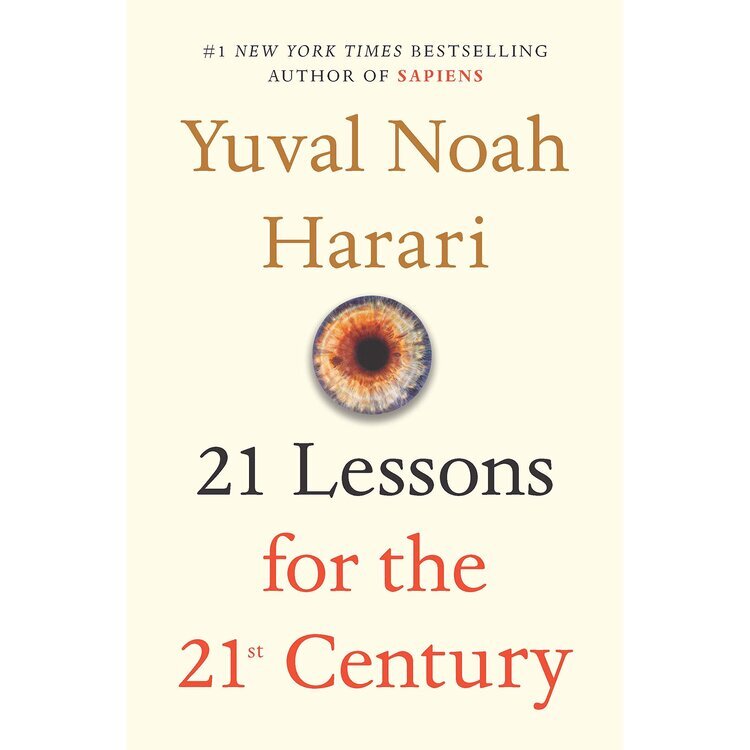🖏🖏🖏🖏🖏🖏🖏🖏🖏🖏
Part 1 fleshes out healthy speculation about potentially distant AI-driven changes in workplace and artistic ventures with expected lack of addressing the “How?” in a well-written diatribe meant to spur debate instead of concretly answer questions. It reads like something inbetween a modern Nostradamus prediction and a script for the next Terminator.
Part 2 is a brilliant look at how politics is not global relative to science and religion as a result of nationalist thinking. A main argument here is that religion is a facade of nationalism itself with some compelling examples of such.
Part 3 carries on, almost for too long, looking at ethics and religion in what feels more like an extension of the author’s previous work Sapiens rather than focusing on the 21st century. Part 4 has an interesting review of the movie Inside Out among thoughts of how post-truth has been a human creation not unique to modern times; I am not exactly cherry picking what is covered the presentating is a bit scattered. Part 5 starts with an interesting thought: education up to now has mostly been about imparting information but if that information is likely to be obsolete given how fast tech is growing, what is education to do? Unfortunately the book ends without really addressing this excellent point but instead moves on to a more autobiographical tone.
Overall a book firmly in the “pop-psychology/philosophy” genre characterized by raising thought provoking questions while remaining too broad-stroked to properly address them.
